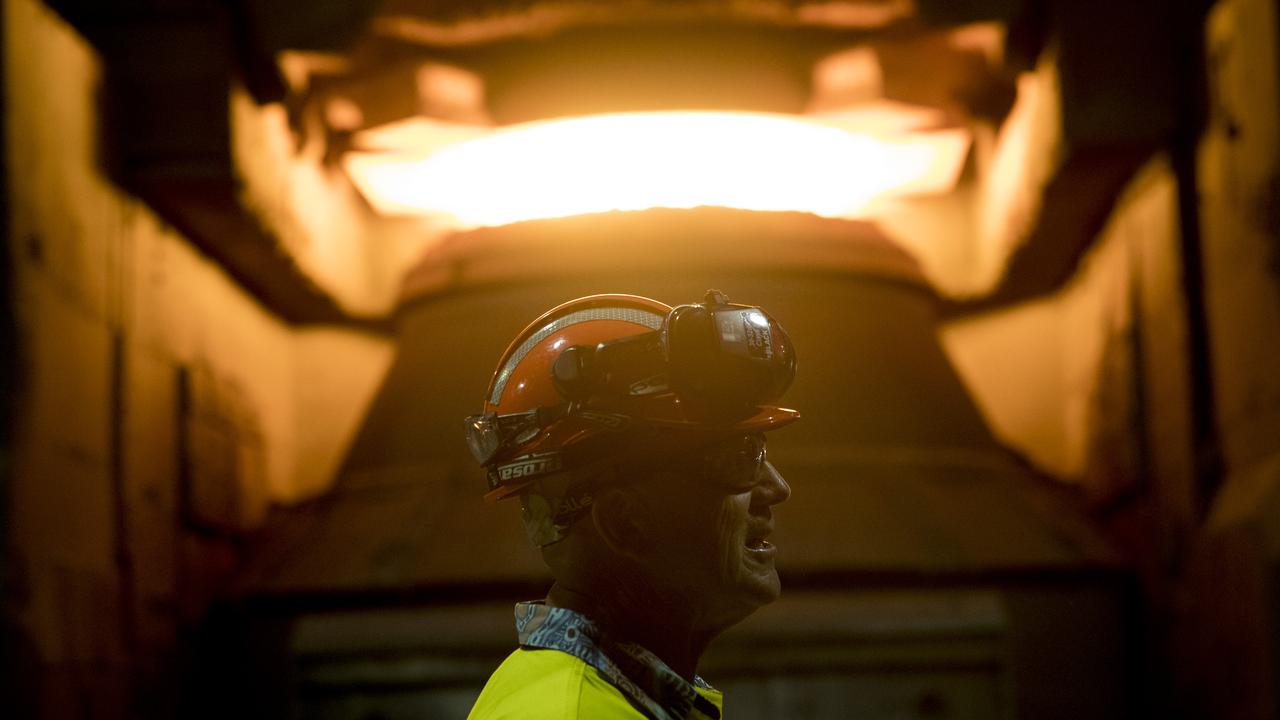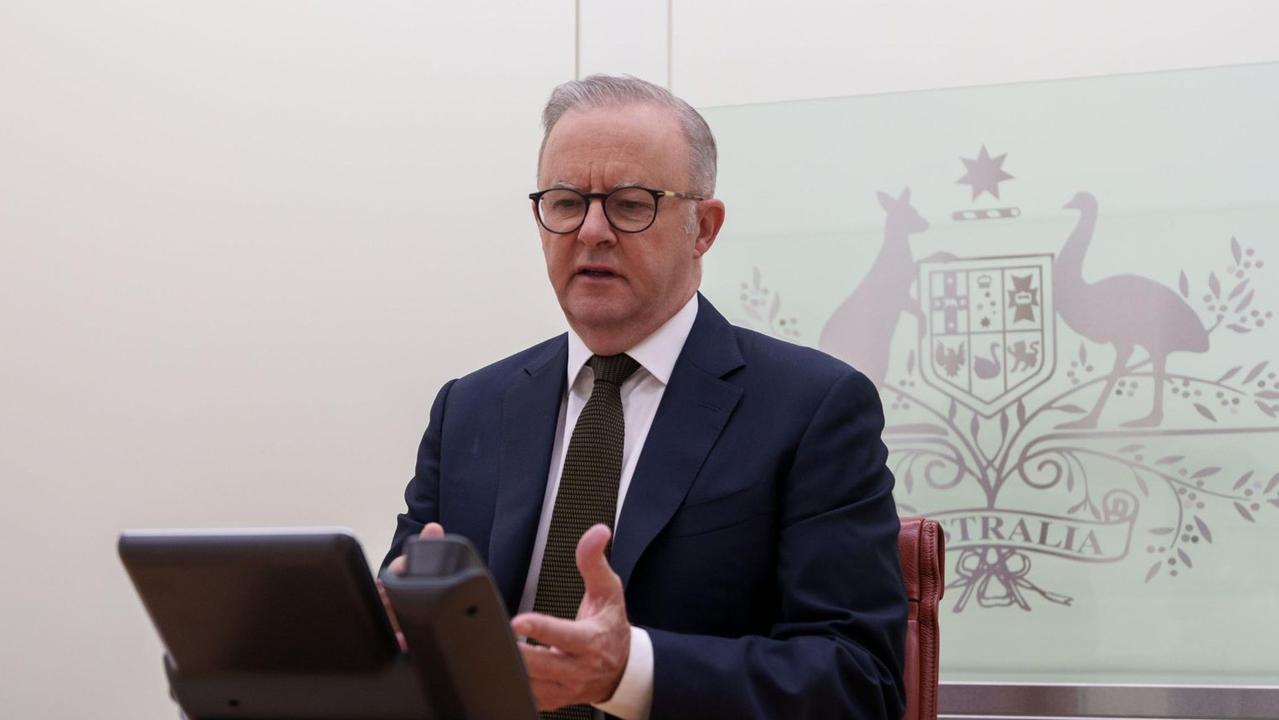Why Cate Blanchett has it all wrong on borders and refugees
Celebrities such as Cate Blanchett can call for ridiculous policies on refugees because, unlike the rest of us, their wealth insulates them from the consequences of their bad ideas, writes James Morrow.
Opinion
Don't miss out on the headlines from Opinion. Followed categories will be added to My News.
Analysis: Noted immigration policy expert Cate Blanchett, who also does a bit of acting in her spare time, has given Australia’s immigration policy an absolute belting.
Apparently, “fortifying borders” is bad, “enlightened leadership” (code, one presumes, for “open borders”) is good.
Speaking to that great bastion of democracy known as the European Parliament, Ms Blanchett on Thursday smashed Australia’s policy of not settling people who arrive by boat.
“As an Australian, I can tell you that we learnt the hard way; the devastating physical and mental torment that refugees experienced while corralled offshore.”
“And, may I say, the resultant shame and regret many of us feel surrounding these ineffective and inhumane policies.”

According to Ms Blanchett, we should be more like the European Union, which has had to manage rolling refugee crises ever since departed German Chancellor Angela Merkel threw open the doors to all comers.
All that was missing was the ancient mating cry of the inner-city progressive — “I’m just so ashamed to be Australian” — and listeners might have thought they’d travelled back in time to the Howard era.
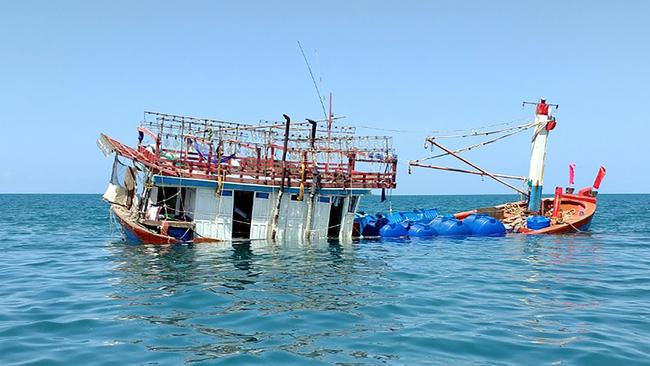
Look, not to be unkind, but there is a reason why actors are at their best when reading someone else’s lines.
And one has to wonder whether Ms Blanchett has thought through the unintended consequences of her utopia in which indefinite detention no longer exists.
Would she agree with Isabelle Skaburskis, lawyers for convicted terror cell leader Abdul Nacer Benbrika, who this week wrote that she hopes the High Court will release her client from immigration detention?
“I dare not to hope too hard … because I also know (the government’s) cruelty knows no bounds,” Ms Skaburskis said.
Happily, Benbrika was thwarted before he was able to provide a counterfactual example.
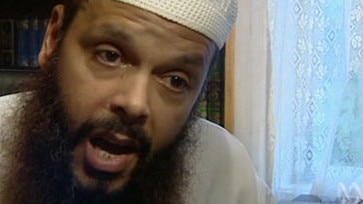
Did the Larmandier-Bernier flow at Casa Blanchett when news came through this week that a Myanmar man who had been held in detention for child sex offences — let that sink in — would be released by the High Court because he couldn’t be sent back to his country of origin?
Reasonable people might say fine, the court has spoken, can the release be arranged for the middle of the Nullarbor?
Australia’s experience is actually more instructive than Ms Blanchett realises.
Put aside the familiar recitations about our generous (and it is) resettlement program and Australia becomes a great, real time experiment in refugee policy.
On the one hand, we are tough on boat arrivals, and with good reason.
No one wants a repeat of the horrors of rickety ships crashing up on the rocks we saw a decade ago.
The tough policy worked. Boats are barely a blip now.
But we have a different, less understood refugee policy that lets people land on other visas and later claim to be refugees.
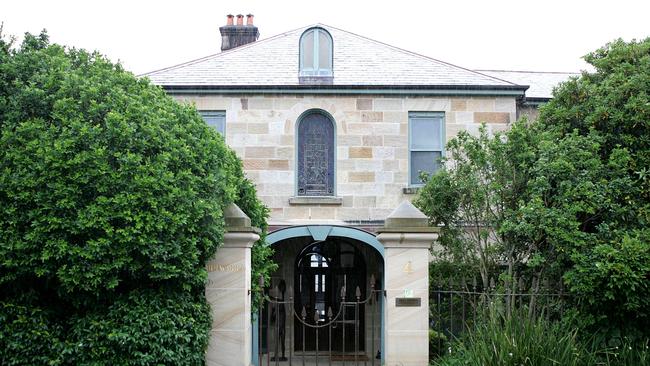
Some 2,000 or more such claims are made every month, mostly by people trying it on as the fact that the vast majority of supposed refugees are just economic chancers.
Yet once the claim is made, claimants are able to remain in the community, and pull every lever to stay — often remaining for years.
Virtually no one is actually deported (a word that would surely cause Ms Blanchett to, well, blanche), with less than five individuals “involuntarily removed” in September, the latest month for which figures are available from Home Affairs.
Right now there are more than 100,000 people in the system, adding more fuel to the Big Australia sugar hit that both parties encourage but no one seems to care to do much about.
At the heart of this, of course, is privilege.
While no one begrudges her success (great work in Tar, by the way), it is a well documented phenomenon that the very wealthy often advocate for policies that sound great on paper but are in practice disastrous simply because their money insulates them from the consequences.
Some more skin in the game, then, would be appreciated before the rest of us cop a lecture.
Ms Blanchett and her husband have in recent years offloaded a CBD apartment, a Hunters Hill mansion and a Berowra Waters holiday home.
With at least a dozen bedrooms between the properties, it might be fair to ask how many of those she considered turning over not to the real estate agents but to the refugees she would like the rest of us to care about.




